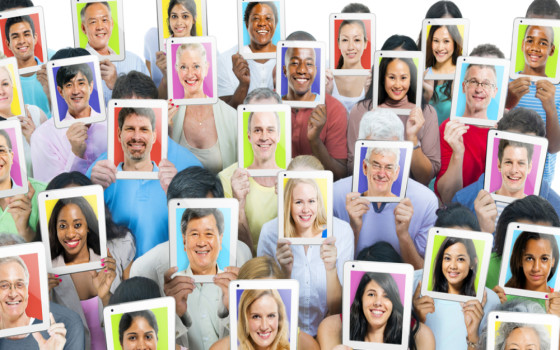
Gender gaps related to employment are greater than before..and the United Nations is calling on countries of the world to take concrete measures to end racial discrimination

- Europe and Arabs
- Tuesday , 7 March 2023 15:21 PM GMT
Brussels: Europe and the Arabs
UN High Commissioner for Human Rights Volker Türk called on all countries participating in the 52nd session of the Human Rights Council to take concrete measures to end racial discrimination.
Türk said - in a message he sent on the occasion of this year's celebration of the 75th anniversary of the Universal Declaration of Human Rights: "The Universal Declaration confirms that all human beings are born free and equal, and that every individual has the right to all rights and freedoms without discrimination of any kind," noting that the reality The daily lives of millions of people show how far this promise is still from being fulfilled.
He stressed that racism and racial discrimination affect people in every corner of this planet, stressing that this phenomenon needs to stop, and explained that the recent tragedies have led to attracting attention and more commitments to action, which has led to an increase in the momentum for change.
"It is time for governments to take concrete steps with the active participation of affected people and their communities to address persistent and emerging forms of racial discrimination and redress longstanding human rights violations, including those rooted in legacies of slavery and colonialism," the UN commissioner added.
He noted that the celebration of the 75th anniversary of the adoption of the Universal Declaration of Human Rights will give countries the impetus to take rapid and strong steps in law and practice to advance equality and combat racism, racial discrimination, xenophobia, and related intolerance, pointing out that justice and racial equality are possible for all, and that everyone must work. to make that a reality.
This comes after the International Labor Organization confirmed that the gender gaps associated with employment are greater than previously thought, noting that women's access to work as well as working conditions and the wage gap have barely improved over the past two decades.
The organization stated - in a report it issued in Geneva, on Monday - that the new indicator it developed to monitor all non-working people interested in finding a job paints a darker picture of the situation of women in the world of work than the most common unemployment rate, and the new data also shows that women still suffer from unemployment. Difficulty finding a job more than men.
The report indicated that data in the labor market indicate that about 15% of women of working age worldwide want to work, but do not have a job, compared to about 10.5% of men, pointing out that this gender gap has remained almost unchanged. For two decades (2005 - 2022).
By contrast, he added, global unemployment rates for women and men are very similar, because the criteria used to define unemployment tend to disproportionately exclude women.
And he indicated that the job gap is particularly severe in developing countries, where the percentage of women who are unable to find work reaches 24.9% in low-income countries, while the corresponding rate for men in the same category is 16.6%, although this level is high and worrisome, but Much lower than the rate for women.
The report confirmed the existence of large differences between regions, as the disparity in labor income in low- and lower-middle-income countries is much worse, where women earn 33 cents and 29 cents per dollar, respectively, while it is in high-income and upper-middle-income countries. The relative work income of women reaches 58 cents, respectively, for every dollar earned by men, explaining that this remarkable disparity in incomes results from the low level of women's employment, as well as the low average income when working.












No Comments Found